The U.S. Surgeon General recently declared an “Epidemic of Loneliness and Isolation.” https://www.hhs.gov/sites/default/files/surgeon-general-social-connection-advisory.pdf In his opening address of the report, Dr. Murthy urges us to understand the potential consequences of not investing in our social well-being. He explains-
“Loneliness is far more than just a bad feeling—it harms both individual and societal health. It is associated with a greater risk of cardiovascular disease, dementia, stroke, depression, anxiety, and premature death. The mortality impact of being socially disconnected is similar to that caused by smoking up to 15 cigarettes a day, and even greater than that associated with obesity and physical inactivity.”
As social beings, we’re literally designed for connection. This is biologically baked in and has led to our ability to survive over millennia. Humans have certainly not been the fastest or strongest species contending for resources. Some may argue we’re not even the smartest. But one way in which we’ve achieved longevity is by working together. It’s in our nature and our well-being is dependent on feeling connected to community.
Good news is that there’s 8 billion people and the internet, giving us tremendous choice in how and with whom we can connect with others. Many therapists, such as the ones CTSA clients meet with in Bel Air, Nottingham, or virtually, are using integrative and holistic approaches that prioritize social well-being.
So where do we start? I like to think of this in two ways: develop our relationship skills and form new connections.
Therapy is a great opportunity to develop our relationship skills, especially when we realize that the therapeutic relationship is foundational to successful treatment. Working with a therapist offers us a safe relationship in which we can explore our tendencies in relationships, learn and test out new ways of relating, and receive immediate feedback and support by a trained professional. With new ways of relating we can begin testing these new possibilities with the people already in our lives and hopefully benefit from improved feelings of connectedness with them.
Many people I know and have worked with tell me they have trouble seeking out new social connections. For some it may be similar to picking something to watch on YouTube in that the seemingly endless amount of choice feels overwhelming. I’d ask what makes you feel like “you?” That’s a good place to start. Since I was a kid I’ve always loved music and pro wrestling. Engaging with these communities and art forms helped me form a sense of individual identity and self esteem.
I’ve done my best to respect this over my life, even if others may judge me for my preferences. At this point, most of my friends and colleagues are somehow connected to the cultures of music and pro wrestling. I go to where these people are whether it’s in person or online. I try to contribute to these communities. Sometimes that’s by offering my support or skill set in some way, or sometimes it’s just by being nice to others.
None of this is particularly easy. Effort is involved whether that’s investing our time, overcoming social anxieties, experiencing rejection, and so on. However, we can agree that physical exercise is good for our well-being and the point of it is to create tension. Tension equals growth and this is often the case in developing our social and emotional well-being too.
Deep down we all want to feel connected. It’s simply our nature. Your people are out there waiting for you. It takes effort, but it’s worth it.
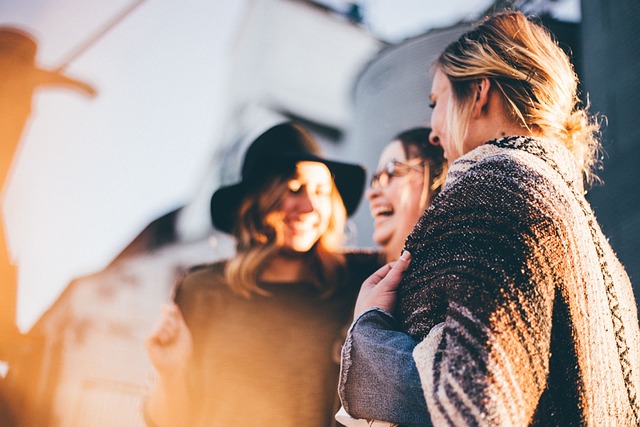
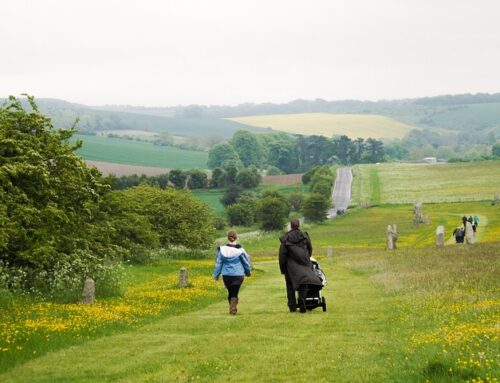
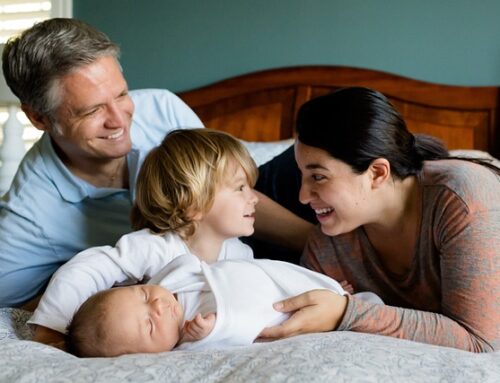
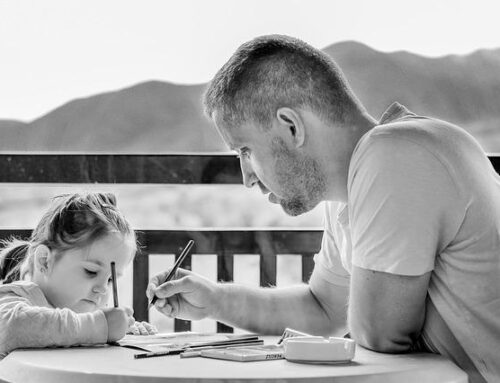
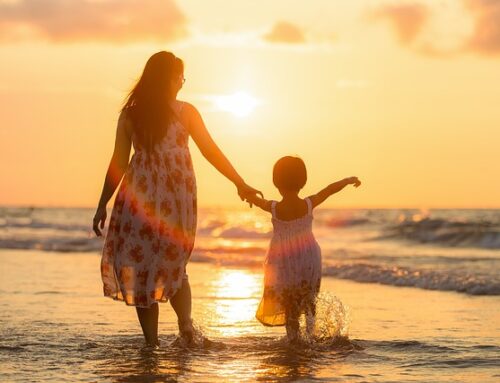
Leave A Comment